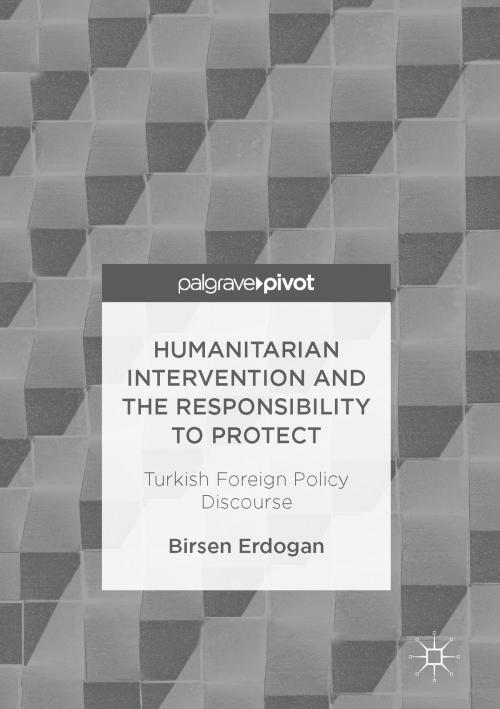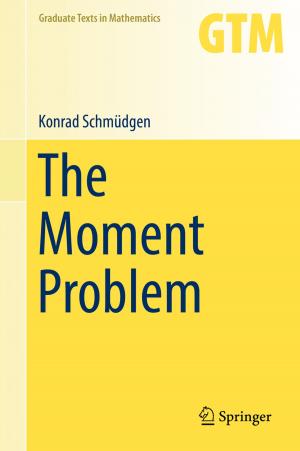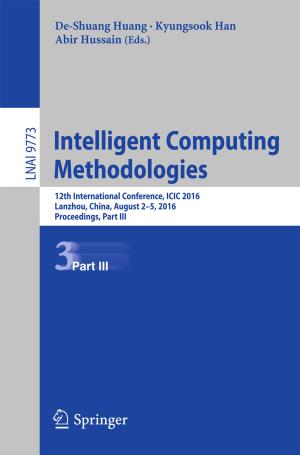Humanitarian Intervention and the Responsibility to Protect
Turkish Foreign Policy Discourse
Nonfiction, Social & Cultural Studies, Political Science, International, International Security, Politics, History & Theory| Author: | Birsen Erdogan | ISBN: | 9783319476834 |
| Publisher: | Springer International Publishing | Publication: | December 7, 2016 |
| Imprint: | Palgrave Macmillan | Language: | English |
| Author: | Birsen Erdogan |
| ISBN: | 9783319476834 |
| Publisher: | Springer International Publishing |
| Publication: | December 7, 2016 |
| Imprint: | Palgrave Macmillan |
| Language: | English |
This book offers a discursive analysis of the Turkish Foreign Policy on Humanitarian Interventions (HI) and the doctrine of the Responsibility to Protect (R2P). Across the chapters the author addresses important questions, such as: what is the position of the HI and R2P in the Turkish foreign policy discourse? Is there any variation between cases when it comes to the use of these concepts? How do these discourses shape/change/transform or sustain the Turkish identity? Despite the tendency in some countries to incorporate HI and R2P principles into their foreign policy (UK, Netherlands, Canada, Japan), and the fact that some countries are lobbying to make these principles a part of international or UN law, in the developing world these policies and concepts have not gained widespread recognition or approval. Countries like China, Brazil and India approach these concepts with suspicion or with reservation. The same tendency can be observed in the MENA region and in some parts of Africa and Asia. In this book, the author looks at the reasons behind these differences in approach and explores how the concept of identity affects Turkish foreign policy specifically. This study is invaluable for researchers and students of R2P and HI and foreign policy discourse in general.
This book offers a discursive analysis of the Turkish Foreign Policy on Humanitarian Interventions (HI) and the doctrine of the Responsibility to Protect (R2P). Across the chapters the author addresses important questions, such as: what is the position of the HI and R2P in the Turkish foreign policy discourse? Is there any variation between cases when it comes to the use of these concepts? How do these discourses shape/change/transform or sustain the Turkish identity? Despite the tendency in some countries to incorporate HI and R2P principles into their foreign policy (UK, Netherlands, Canada, Japan), and the fact that some countries are lobbying to make these principles a part of international or UN law, in the developing world these policies and concepts have not gained widespread recognition or approval. Countries like China, Brazil and India approach these concepts with suspicion or with reservation. The same tendency can be observed in the MENA region and in some parts of Africa and Asia. In this book, the author looks at the reasons behind these differences in approach and explores how the concept of identity affects Turkish foreign policy specifically. This study is invaluable for researchers and students of R2P and HI and foreign policy discourse in general.















